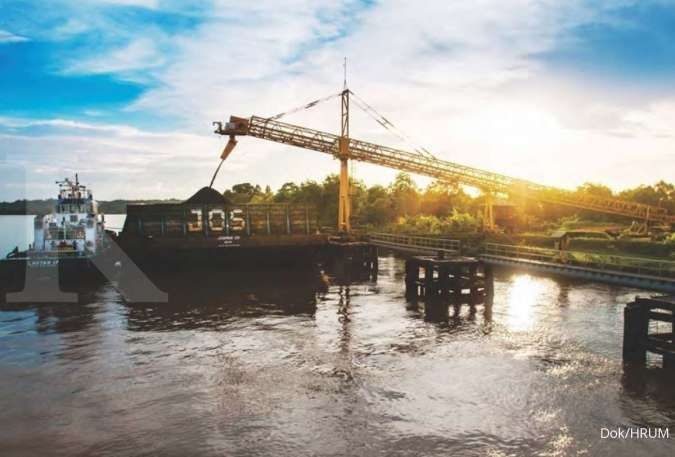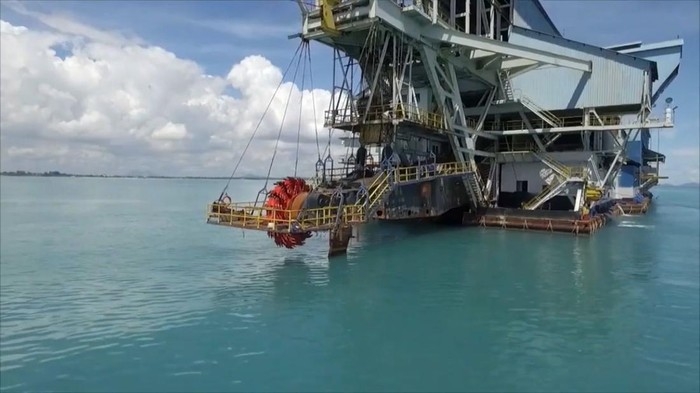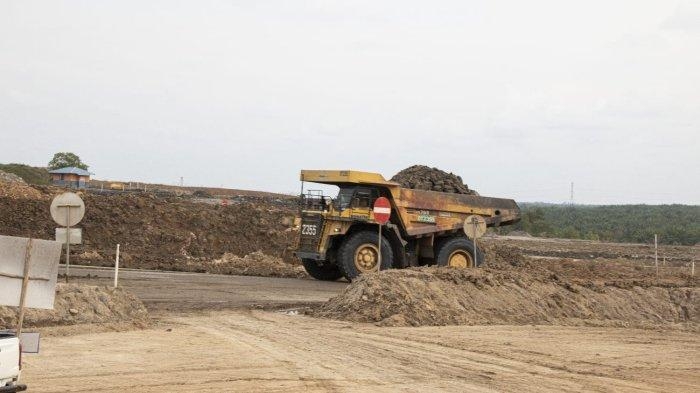Deputy Minister of Energy and Mineral Resources Says Indonesia Needs Nickel Imports to Extend Reserve Life
Mon 18 Nov 2024, 19:33 PM
Share

Deputy Minister of Energy and Mineral Resources (ESDM) Yuliot has acknowledged that Indonesia continues to rely on imports of nickel ore, including from the Philippines, in order to extend the lifespan of the country’s increasingly depleting domestic nickel reserves.
Deputy Minister of Energy and Mineral Resources (ESDM) Yuliot has clarified that nickel ore imports by mineral processing plants, or smelters, in Indonesia are essentially a business strategy adopted by individual industry players.
On the other hand, he emphasized that these corporate actions can simultaneously benefit the long-term utilization of Indonesia’s domestic nickel resources.
“When they source from external resources, it helps preserve our own domestic reserves, ensuring that we can make use of local resources for a longer period,” said Yuliot during the 24th ASEAN Senior Officials Meeting on Minerals (ASOMM) in Sanur, Bali, on Monday (November 18).
the Director General of Mineral and Coal at the Ministry of Energy and Mineral Resources, Tri Winarno, also pointed out that importing nickel is not a problem, especially when Indonesia is the world’s largest nickel producer.
This perspective underscores a pragmatic approach to resource management, balancing both imports and the preservation of local reserves to ensure sustainable growth in the industry.
Deputy Minister of Energy and Mineral Resources (ESDM) Yuliot further emphasized that importing nickel is not an issue, as it allows Indonesia to better manage its domestic reserves. “So, there’s no problem with imports, because it helps us maintain our reserves. There’s no issue with importing nickel,” he stated firmly.
According to data from kumparan, Indonesia's nickel reserves stand at 21 million tons, accounting for 24% of the world’s total reserves. In 2023, the country produced 1.8 million metric tons of nickel, securing its position as the world’s largest producer, with a 50% share of global production.
Meanwhile, the Central Statistics Agency (BPS) reported that Indonesia’s total nickel imports for the first quarter of 2024 (January to March) amounted to 227,015 metric tons.
Nickel ore and concentrates are classified under HS Code 26040000. According to recent data, Indonesia’s largest source of nickel imports is the Philippines, with a total of 217,450 metric tons imported in March 2024.
In addition to the Philippines, other significant suppliers of nickel to Indonesia include Taiwan, with 9,554 metric tons, and Singapore, with 10.5 metric tons. Smaller quantities also come from Brazil, China, and New Caledonia.
Previously, former Minister of Energy and Mineral Resources (ESDM) Arifin Tasrif confirmed that Indonesia still relies on foreign nickel supplies. One of the reasons for this is that many Nickel Producers' Work Plans and Cost Budgets (RKAB) have yet to be approved, affecting the availability of domestic production.
The Nickel Producers' Work Plans and Cost Budgets (RKAB) are prepared for a three-year production period. According to former Minister of Energy and Mineral Resources (ESDM) Arifin Tasrif, as of early June 2024, the Directorate General of Mineral and Coal (Minerba) had approved RKABs for 470 companies, with a total production target of 240 million tons.
However, Arifin noted that the nickel production from these companies still falls short of meeting domestic industrial needs, particularly for nickel processing plants or smelters that are not integrated with mining operations.
"Currently, there are 450-470 companies with approved RKABs for nickel, and the number keeps growing every day. Ultimately, the total is expected to reach around 700 companies," said Arifin Tasrif, former Minister of Energy and Mineral Resources (ESDM), during an interview at the Directorate General of Oil and Gas (Ditjen Migas) office, Ministry of ESDM, on Friday, June 7.







